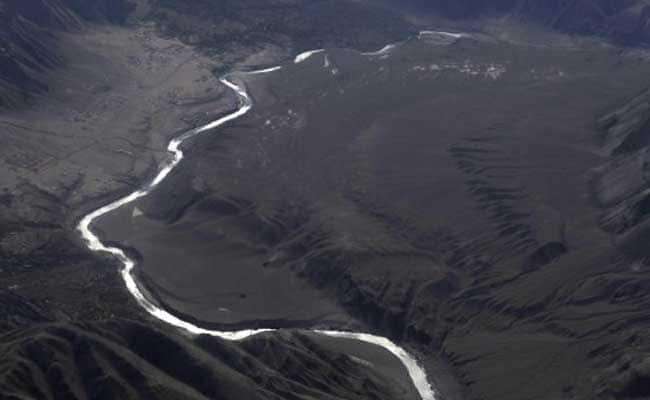
Its point made, India's Indus commissioner will travel to Pakistan later this month to resume the Indus Water Treaty talks that New Delhi had put on the ice after last September's terrorist attack on the Uri army base in Jammu and Kashmir. "Blood and water cannot flow together," Prime Minister Narendra Modi declared soon after the attack that killed 19 soldiers and ordered officials to explore India's options to put pressure on Islamabad within the framework of the World Bank-brokered pact on sharing water of six rivers between the two neighbours.
Here are the top 10 developments in this story:
Pakistan has invited the Indian side to the annual meeting of the Permanent Indus Commission that comprises commissioners from both sides. Under the 1960 pact, the commission has to meet once every year, alternately in India and Pakistan.
The Indian team would travel to Lahore where the commission was to meet before March 31 under the treaty that has survived three wars between the two countries. The commission has met 112 times since 1960 and discusses technical aspects of water sharing.
Government officials say the date and agenda of the meetings are decided by the Commissioners and the government has no role in this regard.
Regular meetings of the Commission deal with technical matters concerned with implementation of the treaty and do not amount to "talks" between the two governments.
The treaty was signed between Prime Minister Jawaharlal Nehru and President General Ayub Khan after negotiations that lasted almost a decade. It gives India rights to use the eastern rivers, Ravi, Sutlej and Beas while Pakistan has control over the three western rivers, Chenab, Jhelum and Indus.
In December, the government also set up a task force led by the PM Modi's principal secretary Nripendra Mishra to look into all strategic aspects of Indus Water Treaty with Pakistan. This includes increasing the amount of water of the western rivers that India uses, and stores.
Under the pact, New Delhi can use up to 20 per cent of the water of the Indus, Jhelum and Chenab that first flows through its territory for agriculture, transport and power generation. But India uses a very small proportion of this entitlement.
The treaty also lets India construct water storage facilities on the three western rivers that can hold 3.6 MAF (million acre feet) water. But no storage has been developed so far.
India has made it clear that it was exploring ways to fully develop India's rights under the treaty including improving storage capacity on this side of the border.
Pakistan last year approached World Bank about the Kishanganga and Ratle hydropower projects in India. The Bank initially started the process to appoint a neutral expert to look into the dispute but later halted the process after India's objections.

